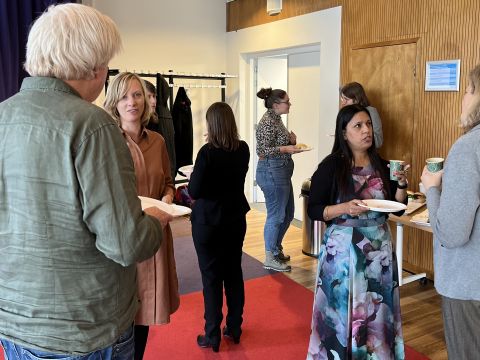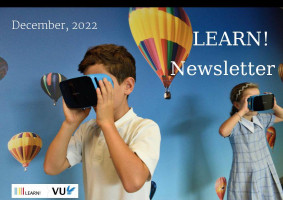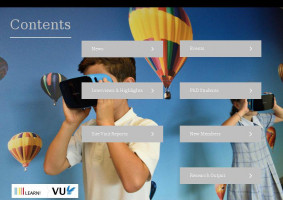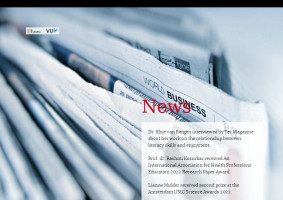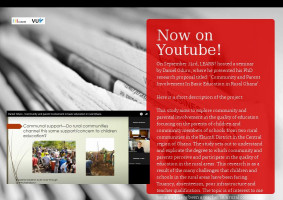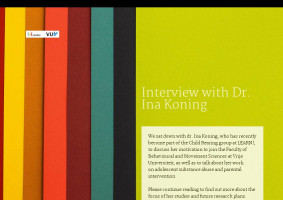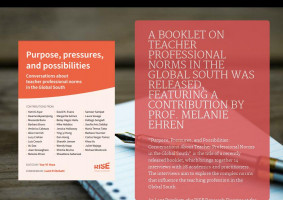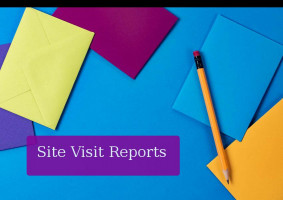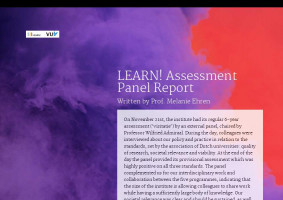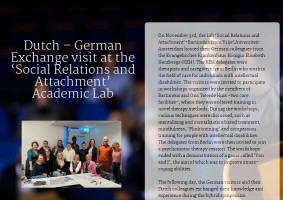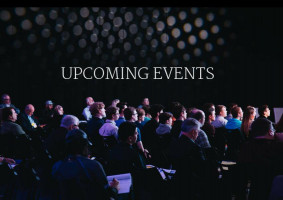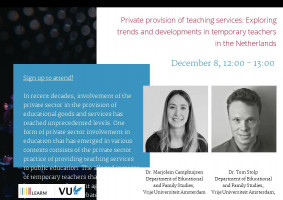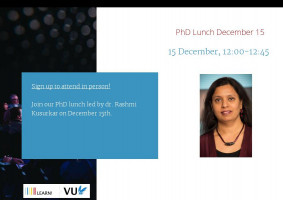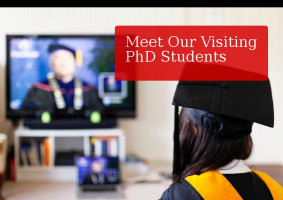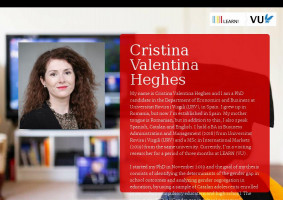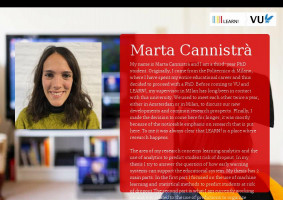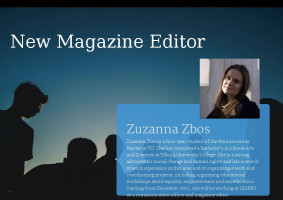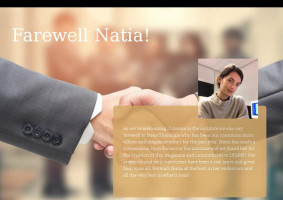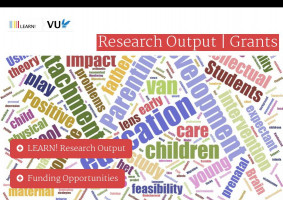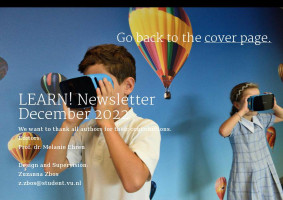On November 21st, the institute had its regular 6-year assessment (‘visitatie’) by an external panel, chaired by Professor Wilfried Admiraal. During the day, colleagues were interviewed about our policy and practice in relation to the standards, set by the association of Dutch universities: quality of research, societal relevance and viability. At the end of the day the panel provided its provisional assessment which was highly positive on all three standards. The panel complemented us for our interdisciplinary work and collaboration between the five programmes, indicating that the size of the institute is allowing colleagues to share work while having a sufficiently large body of knowledge. Our societal relevance was clear and should be sustained, as well as the current portfolio of work, rather than aiming for growth. A number of suggestions were also made on how to improve the institute, particularly in further outlining our strategy and focus on specific thematic areas, enhancing the diversity of our staff (including through visiting positions or wider exposure to diversity through research seminars) and a more structured positioning within the faculty.
Please continue reading for a summary of highlights and improvement suggestions:
QUALITY OF WORK AND DISTINCTIVE MISSION STATEMENT PROFILE
LEARN! was complimented on the quality of our work and our distinctive profile as outlined in our mission statement.
‘Everyone knows that LEARN! is about research in learning and development’.
The panel They valued the collaboration between the five programmes of work and how our interdisciplinary work is allowing us to address questions in relevant and new ways. The panel emphasized that our focus should be on sustaining the quality of work and further developing the institute in a sustainable way, rather than increasing our portfolio.
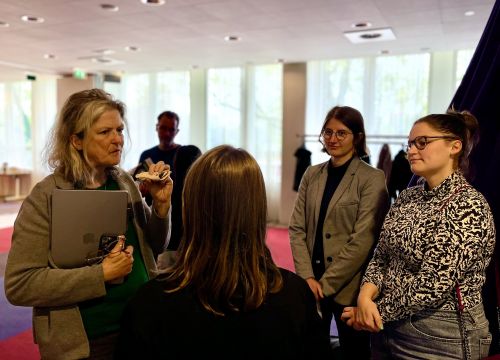
SIZE AND STRUCTURE OF THE INSTITUTE
The panel indicated that the size of the institute allows us to operate as a network where colleagues know where/how to find one another and is small enough to create a sense of ‘home’, while also being sufficiently big to have a wide breadth of expertise.
Our informal structure of sharing and collaboration was considered a benefit as it allows colleagues to join easily and benefit from peer review of research proposals, support in writing, professional development and research seminars.
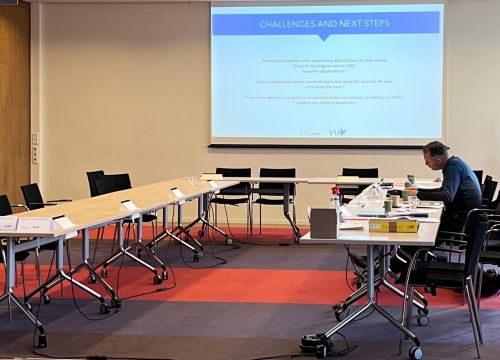
SOCIETAL RELEVANCE
Our societal relevance was very clear to the panel and how this is a reason for colleagues to join and how this also creates value to PhDs who have a platform to share their work and engage with practitioners.
SUSTAINABILITY
The members of the panel indicated that some formalization is required to make the institute more sustainable, such as in formal processes for appointment of programme leaders, PhD representatives who organize social activities and engage in decision-making, annual monitoring of progress of PhD students and discussing problems in their progress and how to address these.
STRATEGY DEVELOPMENT
The panel suggested that we further outline our strategy where we choose a strategic theme to work on and outline how/the extent to which we aim to do so locally, nationally and internationally; outlining a timeline where capacity is limited to cover all three levels. The panel also indicated that the work of the institute is now particularly organized bottom-up, but more top-down steering around one or more strategic themes (such as was done around our Covid programme of work) can greatly benefit the work of the institute.
Such top-down coordination can include the collaboration between programmes
on grant applications around a shared theme of interest with a further programme of research seminars etc.
ENHANCE DIVERSITY OF STAFF
The panel mentioned the relative lack of diversity in staff profiles and motivated us to keep working on this. Given the difficulty to recruit internationally beyond the PhD level (as all our teaching programmes are in Dutch), they suggested enhancing opportunities for international visitors, inviting speakers for research seminars and other ways of collaboration to bring in other cultural perspectives and backgrounds.
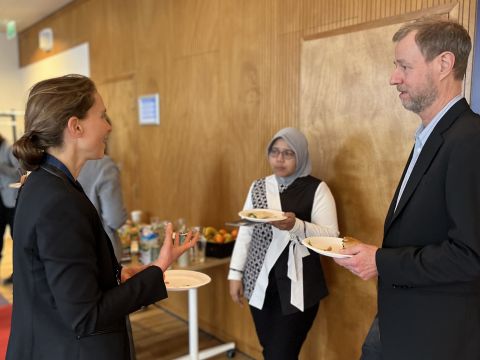
POSITIONING OF THE INSTITUTE
A final point was made about the positioning of the institute in the faculty where the panel argued for a more formal position of the institute in decision-making about, and implementation of research policy and where an increase in budget was also thought relevant. The panel argued that a more formal recognition of the institute by the faculty beyond a financial incentive should be considered where the value and relevance of LEARN! is better recognized by the faculty.
